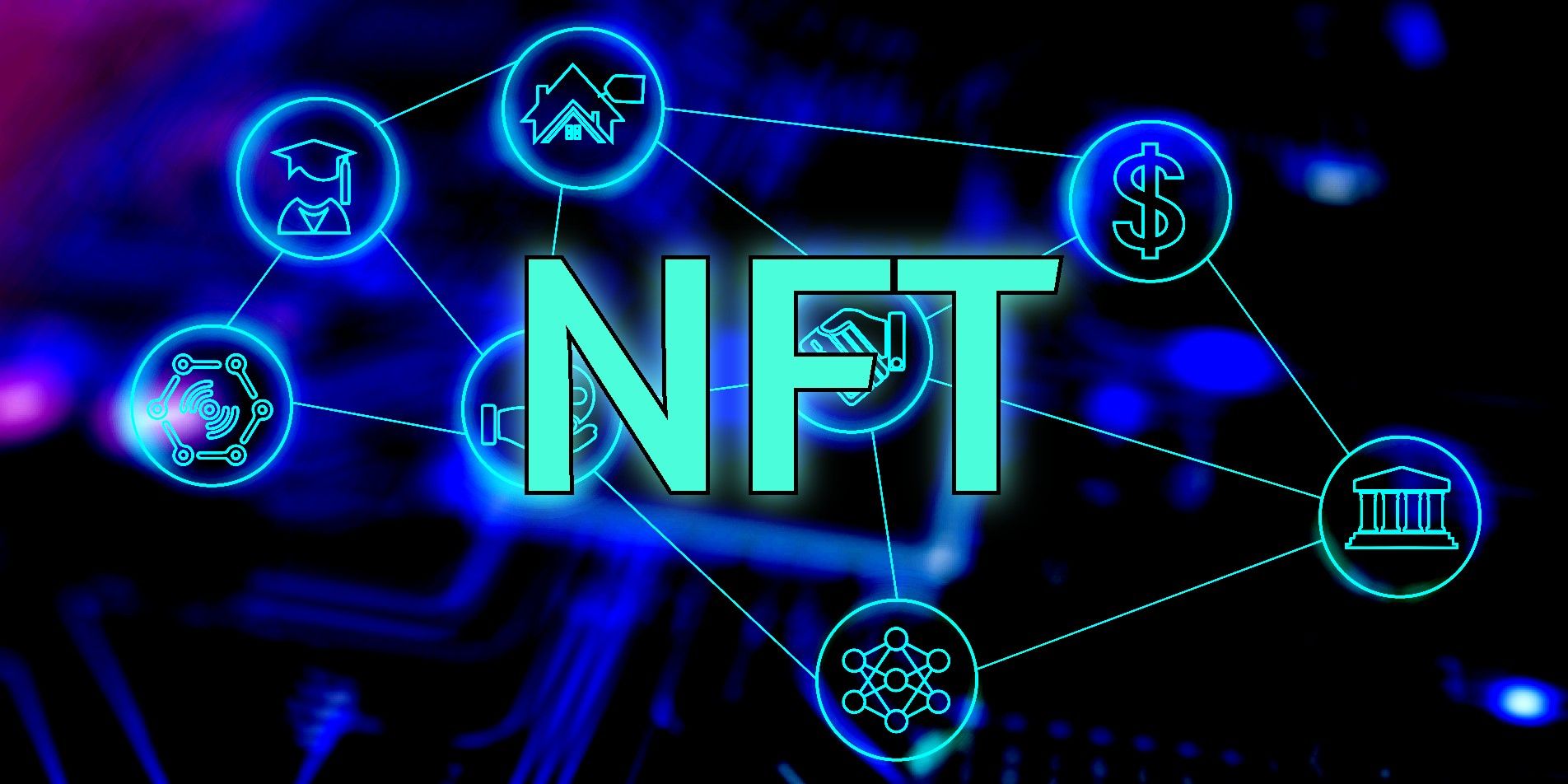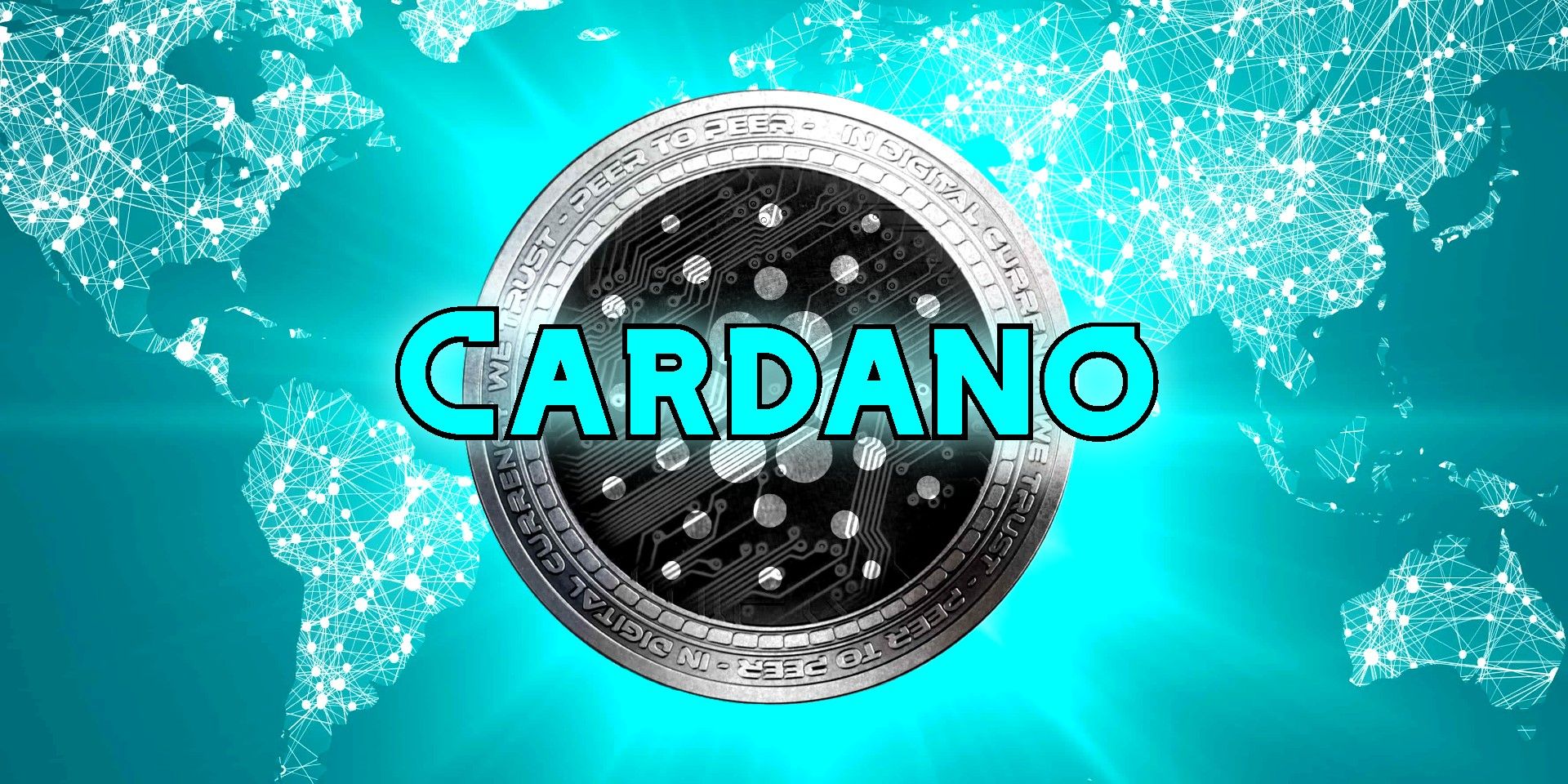NFTs are the most well-known niche within blockchain technology, but many likely don't realize how versatile and powerful they are beyond being expensive JPEG profile picture collections, such as fighting counterfeit goods by tracking production and shipping history. NFTs lend themselves remarkably well to this purpose, since every item in the world has a unique history, and uniqueness is the literal definition of "NFT".
NFTs, or non-fungible tokens, are digital blockchain assets that represent a unique "thing", where the thing can be literally anything. They have two components: a deed of ownership that is secured on a blockchain, and a URL inside that deed which points to the token's metadata, which can be a picture, video, folder, download link, etc. Most NFTs are transferrable, which means people can buy or sell them on NFT marketplaces like OpenSea, Magic Eden, or CNFT, which gives them a speculative (and volatile) open-market value. While many transferrable NFTs are just profile pictures or Play-And-Earn game assets, they can also represent professional online services, where each token can be redeemed like a coupon for its service. NFTs can be modified for utility purposes as well, such as NFT lawsuits airdropped to crypto scammers' wallets, in which case it makes more sense for them to be non-transferrable, allowing anyone to identify a wallet with stolen digital property. NFTs are the single most versatile, adaptable, and misunderstood technology to come out of the internet age, and their use cases are only just getting started.
Origin Threads is an artisan clothing company using NFTs to represent every handmade garment. NFT metadata is used to store a detailed history about each garment's production locations, materials and sources, and overhead costs, and that metadata is stored in a QR code on a tag inside each item. With the right infrastructure, it would be possible to track every location the product was shipped across the world, and every item would have its own transaction and ownership history. While this is still a new use case and will require its own trial-and-error evolution until industry standards are created, it is a very powerful way in which NFTs can be used. For a company that creates handmade products with high price tags (for example, an Origin Threads shirt costs $200), being able to verifiably prove an item's authenticity makes a massive difference for the company's bottom line.
Secured By The Cardano Blockchain
Origin Threads is using the Cardano blockchain for its NFTs. Cardano is a low-cost, environmentally friendly blockchain designed to be scalable, fast, and cheap to use. Rather than being designed, developed, and deployed like most blockchains, Cardano is being researched and incrementally developed by scientists and academics all over the world. Because Origin Threads' NFTs are run on Cardano, they do not harm the environment, a concern commonly pointed out for Ethereum NFTs.
A system of standards is needed for production and supply chain tracking NFTs, which would give every physical item metadata that tells its exact history and confirms its authenticity. This will make hiding unethical production and material sourcing impossible, forcing corporations to strive for higher standards. Counterfeit items will be easy to detect by humans and computers alike, as the QR code will either point to a fake NFT or it will point to a legitimate NFT whose actual product was shipped to a different location or already purchased. With the right blockchains, these NFTs will be carbon-neutral, and will go on to represent countless consumer items and their production histories.
With the bubble popped and prices down, innovation and advantages of NFTs can now proceed. NFTs have great potential to combat counterfeiting, and Origin Threads sees this. NFTs can make faking items impossible, forcing counterfeiters to sell cheap knock-offs rather than full-priced counterfeit brand names. As companies like Origin Threads learn how to use NFTs most effectively, more companies will jump in and begin doing the same for their products too, thus providing consumers and retailers with enough information to stop counterfeiting in its tracks, and protect the hard work of traditional artisans like Origin Threads.
Source: Origin Threads


